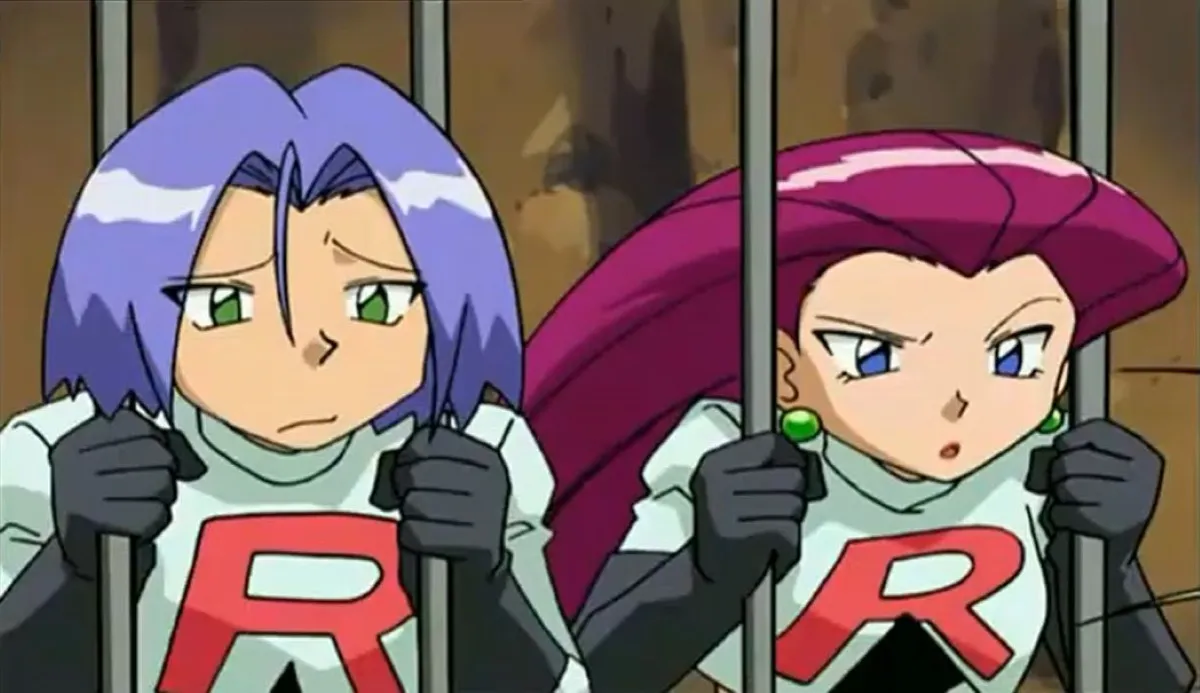If you’ve looked at purchasing ebooks or digital comics online, you’ve probably come across the words “DRM-protected” or “DRM-free.” While you may see it in a specific space, it’s really in reference to all digital media, not just books.
DRM or digital rights management is a type of copyright protection to prevent digital works from being stolen or shared in an unauthorized manner. Digital work can refer to things like videos, music, images, software, programs, ebooks, etc. While we don’t think about them maybe as much anymore, CDs, DVDs, and older tech to store data also count too since the digital content is on the product.
How is DRM protected and why?
Some common examples of DRM protections include requiring encryption, product keys, activation limits, regional locks, and requiring users to be online to access the content. In the mid-90s, the Digital Millennium Copyright Act (DMCA) banned creating or sharing technology used to work around DRM. While most people think of digital works in reference to accessing entertainment, it’s also a big issue to weigh in on for people that rely on DRM-protected content for work. This ranges from artists allowing fans to access content to the Right to Repair Movement led by wheelchair users and farmers not being able to fix their equipment without relying on updates or help from companies.
To come back to books, some ebook vendors automatically use DRM-protected products. For example, Apple Books, Adobe (includes Barnes & Noble, Google Play, and Kobo), and Amazon (including Comixology soon) all place DRM protections. If you buy a book via Apple Books you can only read it there, etc. There are slight exceptions like Amazon’s lending program, but again you can only use it on Amazon and Amazon devices (like the Kindle.) The sites are incentivized to keep you here. Many that want to quit Amazon (for example) will stay on because they can’t transfer their digital goods to another platform.
Why do some prefer DRM-free?
There is an ongoing conflict between people who share work they physically or digitally own and the companies and people who produce the work. Outright malicious theft and profiteering aside, some people just believe because they have possession of something, they have full ownership of the thing. For example, if you own a movie on DVD some argue that you shouldn’t have to buy a digital copy or pay for a subscription to watch that movie on your phone.
While DRM protection can curb theft, it’s just a deterrent. There will always be a workaround. People who read across devices, platforms, and sites may take issue with these barriers. If you own a DRM-free copy of an ebook, you can choose to read it on any device you have. DRM-free copies are important to libraries and research facilities in terms of helping ease accessibility to those in most need.
Authors with publishers and completely independent alike go through this process of weighing if they want to use DRM protections. Many who offer digital goods on crowdfunding campaigns always go the DRM-free route because they want their supporters to be able to access the materials anywhere.
(featured image: The Pokémon Company International)
—The Mary Sue has a strict comment policy that forbids, but is not limited to, personal insults toward anyone, hate speech, and trolling.—









Published: Jun 10, 2022 11:32 am